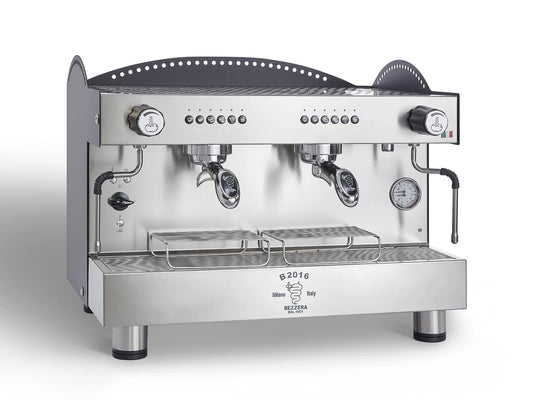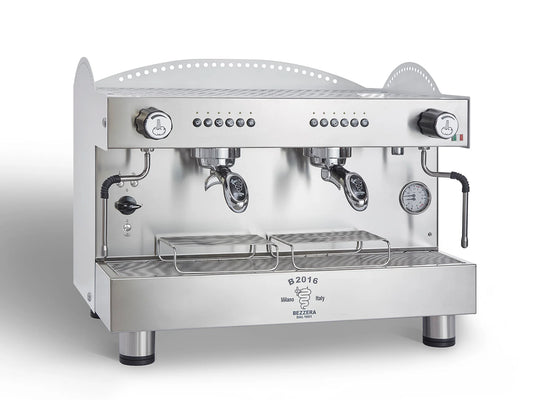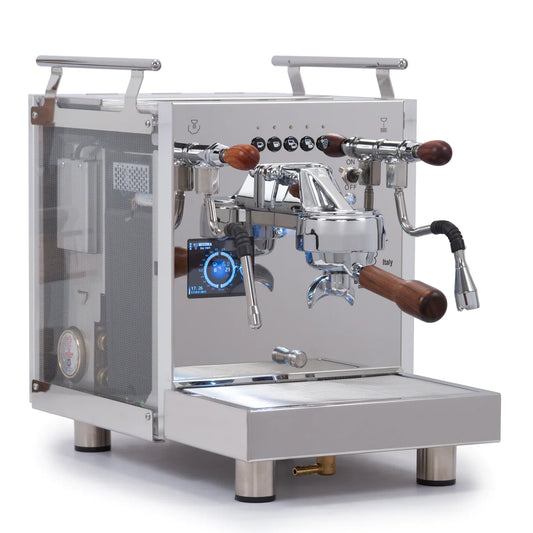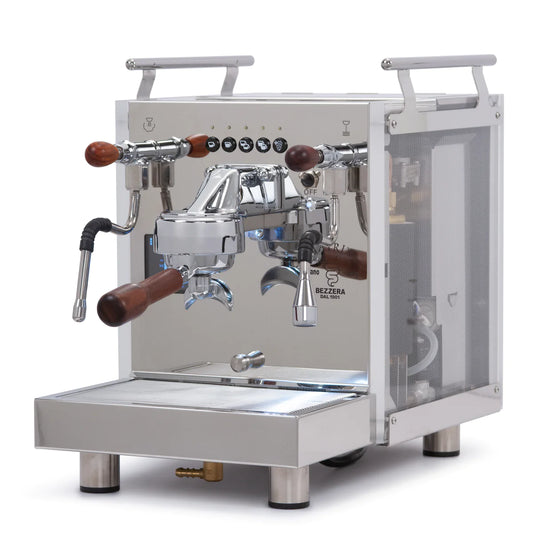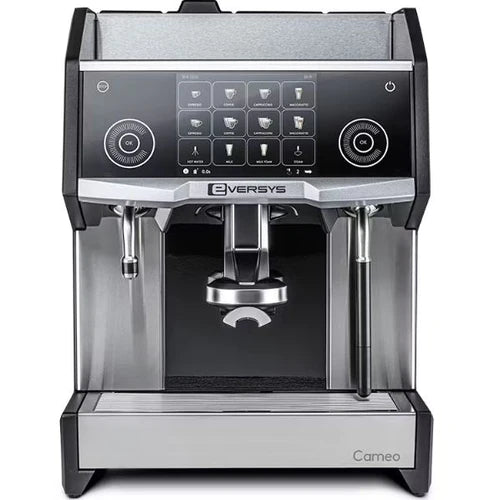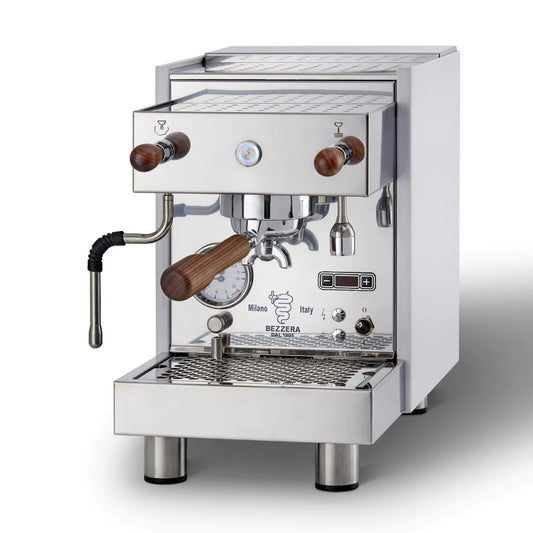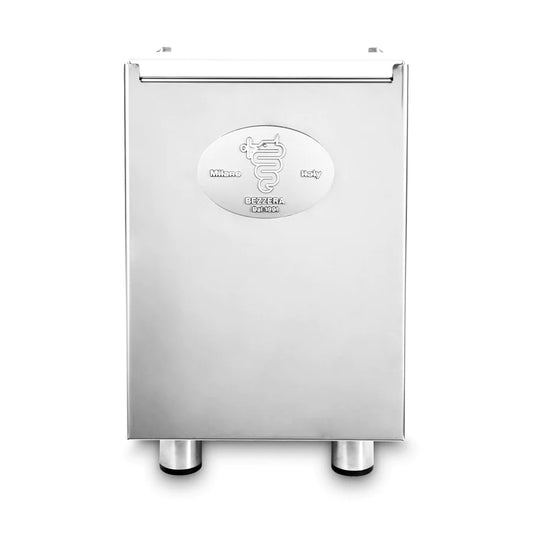The Unsung Heroes: Why Coffee Technicians Are Essential to Australia’s Coffee Culture
Table of Contents
- Key Highlights:
- Introduction
- Technicians: The Backbone of Coffee Operations
- The Evolution of Coffee Technology
- Enhancing Operational Efficiency in Cafés
- The Future of Coffee Technicians
Key Highlights:
- Coffee technicians are critical to the success of Australia’s coffee industry, providing essential servicing that keeps machines operational.
- The demand for skilled technicians is rising, yet there is a scarcity of training pathways for newcomers to the field, exacerbating workforce challenges.
- Industry leaders, such as John Colangeli from Coffee Machine Technologies, emphasize the need for ongoing training and adaptation to evolving technologies.
Introduction
In the vibrant world of Australian coffee, where baristas and roasters often bask in the spotlight, a less heralded group plays a crucial role in ensuring that the industry continues to thrive—coffee technicians. These skilled individuals are responsible for the upkeep and repair of the equipment that is foundational to a café’s operation. Without their expertise, the post-espresso chaos often associated with busy cafés could compromise the quality of service. This article delves into the vital functions performed by coffee technicians, the challenges they face, the need for new talent, and how café owners can better support these unsung heroes of the coffee sector.
Technicians: The Backbone of Coffee Operations
The Role of Technicians
Coffee technicians excel in their ability to troubleshoot and repair espresso machines, grinders, and other essential equipment used in cafés. According to John Colangeli, the founder of Coffee Machine Technologies, technicians are the "unsung heroes" behind the scenes. His company employs a team of twelve specifically trained professionals, tasked with servicing approximately 40 to 50 coffee machines daily in Melbourne, a number that can spike to around 80 during peak business hours.
The demand for technical support is particularly high during busy service times when operational failure can lead to significant revenue losses for cafés. This reality underscores the necessity of having trained specialists who can quickly respond to equipment failures. Colangeli notes that even with advancements in technology, espresso machines are not invulnerable; maintenance and repair are inevitable aspects of keeping equipment in top shape.
Training and Evolving Skills
Training to become a coffee technician often requires transitioning from related fields, such as electrical, mechanical, or aircraft engineering. As Colangeli reflects, many current technicians come from diverse backgrounds, yet they soon discover that hands-on experience is paramount in this line of work. Currently, there are limited formal pathways for newcomers wishing to enter this industry, making the role of mentors like Colangeli particularly significant.
He elaborates, "It takes around 12 to 24 months to fully train a new technician, depending on their previous experience. I dedicate about 90 percent of my time in the workshop, continuously teaching and sharing insights." The absence of coffee-specific training programs emphasizes the importance of bespoke in-house training that satisfies industry requirements and maintains high service standards.
The Evolution of Coffee Technology
Influence of Global Coffee Culture
As the Australian café scene matures, its technicians are also at the forefront of adapting global coffee machinery to local tastes. Coffee Machine Technologies acts as the regional distributor for major European manufacturers while introducing modifications that cater to Australian coffee preferences—particularly the inclination for milk-based drinks.
The team not only repairs and maintains coffee machines but is also involved in testing new equipment prior to market introduction. This proactive approach allows technicians to shape product offerings that resonate with local consumers, ensuring a better fit for Australia’s unique café culture.
A Technician’s Journey: From Aircraft to Coffee
Take, for example, the story of Mick Denning, one of the technicians at Coffee Machine Technologies, who transitioned from being an aircraft engineer to a coffee technician. For him, the diversity of responsibilities and the potential for problem-solving drew him into this field. "No two days are the same; you’re constantly faced with new challenges," he explains, highlighting the dynamic nature of the work.
Indeed, the variety of equipment that technicians handle—from espresso machines to automated milk steamers—demands a wide-ranging skill set and an openness to continual learning. With the rise of automation within the industry, technicians like Denning appreciate the training initiatives in place that keep them informed about new technologies and methodologies.
Enhancing Operational Efficiency in Cafés
Best Practices for Café Owners
Both Colangeli and Denning advise café operators on steps to take to minimize the frequency of technician visits. Regular maintenance practices can greatly reduce equipment malfunction and improve overall operational efficiency. For instance, simple actions like frequent cleaning and routine checks can stave off larger, more complex issues.
"When operators maintain their equipment well, it not only minimizes our visits but also fosters a smoother operation on their end," Denning shares. He emphasizes that neglecting maintenance tasks could lead to simpler problems escalating into significant repairs that disrupt service.
Colangeli echoes this sentiment, underscoring the importance of addressing minor issues promptly: "A small leak can lead to larger malfunctions. It’s crucial to bring these concerns to our attention early on."
The Future of Coffee Technicians
A Workforce Challenge
Despite the importance of technicians within the coffee domain, their numbers are dwindling, partly due to the younger generation's declining interest in hands-on, trades-based careers. Colangeli expresses concern about this trend, noting a stark contrast to past generations, where children actively engaged in building and fixing things as a form of entertainment.
The worry is not just about numbers but about the diminishing pathways for practical training and experience that can nurture talent in this essential sector. If fewer people are entering the field, the impact on the coffee industry could be significant, with a potential imbalance between rising café demand and the skilled workforce available to support it.
A Call for Change
To ensure that the future of the coffee technician workforce is secure, industry leaders and training facilities need to collaborate on forming educational initiatives that cultivate interest and skills among young individuals. This could involve creating apprenticeships or specialized training programs that not only impart technical knowledge but also instill a passion for the coffee trade.
In addition, promoting the appealing aspects of being a coffee technician—such as creative problem-solving and dynamic work environments—could help attract new talent into the profession. As Colangeli puts it, "Technicians are essential to the Australian coffee industry. The work they do is amazing and without them, the sector wouldn’t function."
FAQ
What exactly does a coffee technician do?
Coffee technicians are responsible for the maintenance and repair of coffee machines, grinders, and related equipment used in cafés. Their role is crucial in ensuring that machinery operates efficiently, which directly impacts the quality of coffee served.
How can café owners maintain their equipment to avoid needing technicians frequently?
Café owners can adopt several best practices, including regular cleaning, performing routine maintenance checks, and addressing minor problems immediately. Keeping equipment well-maintained helps reduce the likelihood of larger issues arising.
Is there a formal education path for becoming a coffee technician?
Currently, there are limited formal education programs specifically aimed at training coffee technicians. Most of the training occurs through hands-on mentorship or in-house programs provided by companies like Coffee Machine Technologies.
What challenges do coffee technicians face?
Technicians face challenges that include the rapid advancement of coffee technology, the variety of equipment they must be familiar with, and an overall shortage of new talent entering the field. Keeping abreast of these changes requires continuous training and adaptation.
Why is the future of coffee technicians at risk?
The future is at risk due to a declining interest among younger generations in trades-based careers. There is also a lack of available educational pathways that would help cultivate new talent in the field of coffee technology and maintenance.
In light of these challenges, fostering interest in the trade and developing educational initiatives will be imperative to ensuring the longevity and success of Australia’s coffee culture. Therefore, it’s essential to continue recognizing and supporting the work of technicians, allowing them to shine in their vital roles within the industry.

